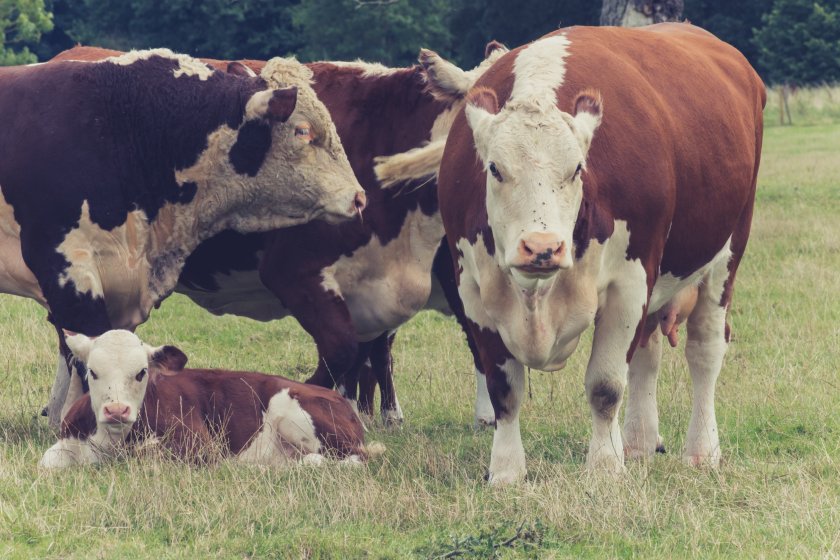
Dozens of farms have now confirmed an outbreak of bluetongue, bringing the total number of individual cases to 44.
The UK’s chief veterinary officer has urged farmers to remain vigilant for the disease after new cases were recorded over the festive period.
There is currently a temporary control zone (TCZ) in Kent and Norfolk following the initial outbreak of the virus in November 2023, the UK's first case since 2007.
Since then, 24 farms and holdings have been impacted by bluetongue virus, but Defra says there is still no evidence that it is circulating in midges.
It said in an update: "Following active surveillance in the Norfolk TCZ, 4 further cases of bluetongue in cattle have been identified on 2 new premises in the existing TCZ.
"All 4 animals will be humanely culled to minimise the risk of onward transmission. The TCZ is not being extended and movement restrictions continue to apply to cattle, sheep, camelids and other ruminants in the zone.
"This brings the total number of cases in England to 44 infected animals on 24 premises."
The bluetongue virus is usually transmitted by midge bites and affects cows, goats, sheep and other camelids such as llamas.
Midges are most active between April and November and not all susceptible animals show immediate, or any, signs of contracting the virus.
Impacts on susceptible animals can vary greatly – some show no symptoms or effects at all while for others it can cause productivity issues such as reduced milk yield, while in the most severe cases can be fatal for infected animals.
Christine Middlemiss, the UK’s chief veterinary officer, has urged farmers to remain vigilant for bluetongue virus.
“Bluetongue does not pose a threat to human health or food safety, but the disease can impact livestock farms, and cause productivity issues," she said.
“This detection is an example of our robust disease surveillance procedures in action and it is also a clear reminder for farmers that the disease remains a threat, despite coming towards the end of the midge activity season.
“Farmers must remain vigilant and report any suspicions to APHA.”
BTV is a notifiable disease. Suspicion of BTV in animals in England must be reported to the Animal and Plant Health Agency on 03000 200 301.
Farmers in and around the TCZ can also call Ruminant Health & Welfare's (RH&W) bluetongue hotline on 024 7771 0386 for advice.
Bluetongue does not affect people or food safety.
